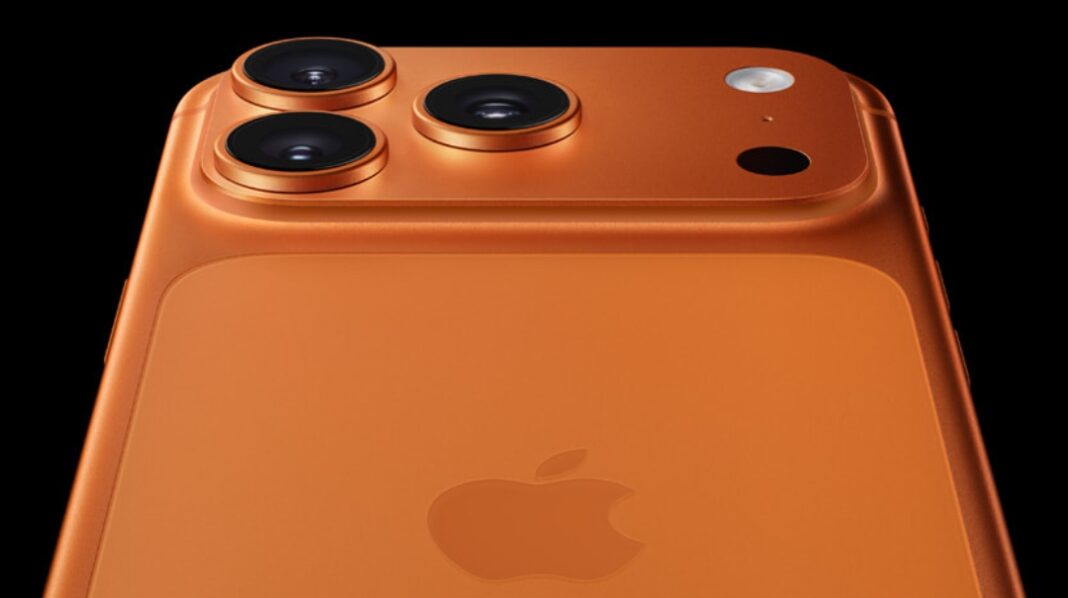Apple launched the iPhone 17 series on September 9, drawing global attention to its slimmer design, stronger body, and new artificial intelligence features.
In Nigeria, however, the main concern is not about design or speed but whether people can afford the device at all.
The iPhone 17 starts at $799 (₦1.2 million). The Pro and Pro Max models are priced above $1,000. Since Apple has no official stores in Nigeria, the phones will only be sold through third-party resellers, who usually raise the prices.
By the time the iPhone 17 Pro appears in Lagos or Abuja or any of the major cities, it could cost between 1.7 and 2 million naira.
This makes the new iPhone far too expensive for most Nigerians. With the minimum wage now at ₦70,000 a month, it would take about 17 months of saving every single kobo just to buy the base iPhone 17.
Even middle-class professionals who earn much more would still have to save for several months before they could afford one.
For many Nigerians, the real choice is not between the iPhone and another phone, but between the iPhone and basic necessities like school fees or food.
What does the new phone offer?
The iPhone 17 Pro comes with a new aluminium body, a brighter display, and Apple’s most powerful A19 chip. It has three 48-megapixel cameras at the back, a stronger battery, and larger storage options. It also has tools that make it useful for professional photography and filmmaking.
These features are impressive, but in Nigeria the appeal of an iPhone goes beyond its technology. Owning one is often about status. It shows wealth and success. For many buyers, it is less about what the phone can do and more about what it represents.
Most Nigerians use brands such as Tecno, Infinix, and Xiaomi. These companies focus on affordable devices that cost between ₦120k and ₦400k. They also design phones that meet local needs, such as long-lasting batteries and dual SIM slots.
Samsung has also built a strong base among upper middle-class Nigerians, with phones that range from ₦600k to ₦1m.
In this environment, the iPhone stands apart as a luxury product. It is not designed for mass adoption in Nigeria.
Who then will buy it?
Despite the high cost, Apple is poised to find customers. A small but growing group of wealthy Nigerians, including professionals, celebrities, content creators and politicians’ children, may buy the new device. There is also a strong second-hand market.
Many Nigerians who cannot afford the latest models still use older iPhones such as the iPhone 12 or 13. This allows Apple to maintain its presence even when new releases remain out of reach.
However, this reality implies that the iPhone 17 Pro is unlikely to dominate the Nigerian market. Most people will continue to choose cheaper alternatives.

